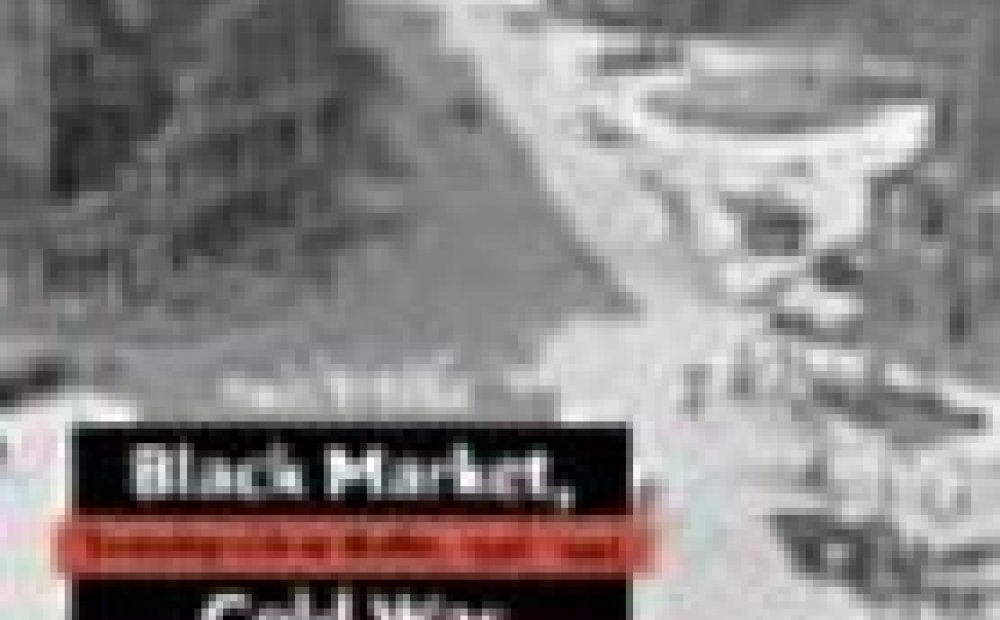Black Market, Cold War: Everyday Life in Berlin, 1946–1949

The Wilson Center's Cold War International History Project will sponsor an in-depth discussion of a new book by Paul Steege entitled Black Market, Cold War: Everyday Life in Berlin, 1946-1949.
Featuring
Paul Steege, an associate professor of history at Villanova University and a coeditor of the electronic discussion list H-German.
AND
Hope M. Harrison, the director of GWU's Institute for European, Russian, and Eurasian Studies, and the author of Driving the Soviets up the Wall - a book on the decision to build the Berlin Wall.
Paul Steege will discuss how and why Berlin became the symbolic capital of the Cold War. He brings the history of the Cold War down to earth by focusing on accounts of daily struggles to survive rather than on seamless narratives of diplomatic exchange. By following Berliners as they made their way from ration offices to the black markets, from allied occupation bureaux to the physical and symbolic battles for the city's streets and squares, Paul Steege anchors his account of this emerging global conflict in the fractured terrain of a city shattered by World War II. By studying the history of everyday life in Berlin, Steege claims for Berliners a vital role in making possible Berlin's iconic Cold War status. The world saw an absolutely divided city, but everyday Berliners crossed its many boundaries, and these practices brought into focus the stark oppositions of the Cold War.
Hosted By

Cold War International History Project
The Cold War International History Project supports the full and prompt release of historical materials by governments on all sides of the Cold War. Read more


History and Public Policy Program
A leader in making key foreign policy records accessible and fostering informed scholarship, analysis, and discussion on international affairs, past and present. Read more
